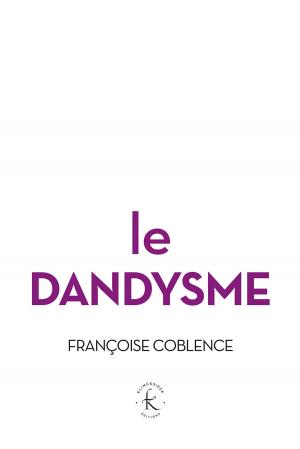The Future of Fictions: An argument for and against tradition
Fiction & Literature, Essays & Letters, Essays, Nonfiction, Religion & Spirituality, Philosophy| Author: | Matthew Morgan | ISBN: | 9781310281983 |
| Publisher: | Matthew Morgan | Publication: | October 24, 2015 |
| Imprint: | Smashwords Edition | Language: | English |
| Author: | Matthew Morgan |
| ISBN: | 9781310281983 |
| Publisher: | Matthew Morgan |
| Publication: | October 24, 2015 |
| Imprint: | Smashwords Edition |
| Language: | English |
“It is through traditions that we create a sense of 'this is who I am' and 'this is who we are'. Traditions unify our experiences into a narrative that rescues us from the nihilism of cultural amnesia. Tradition can attach us to others, deepening our sense of shared humanity and humanism, while informing an individual's sense of self.”
In "The Future of Fictions", Matthew Morgan argues that the concept of tradition is broken but is too important to simply throw out. Tradition needs to be understood and used as a method of storytelling, to create narratives that make sense of life and our place in the world. While criticising unquestioned, dogmatic traditions, this essay seeks to encourage the tradition of contemplation that runs deep in many faiths and is central to many non-religious practices such as science and philosophy, that great tradition of reflection. Drawing on literature, philosophy and religion, ranging from the Beat poets to Christian scriptures, commenting on the Occupy movement and fundamentalism, "The Future of Fictions" asks: What is tradition, what are its uses, and when should we tear it down?
“It is through traditions that we create a sense of 'this is who I am' and 'this is who we are'. Traditions unify our experiences into a narrative that rescues us from the nihilism of cultural amnesia. Tradition can attach us to others, deepening our sense of shared humanity and humanism, while informing an individual's sense of self.”
In "The Future of Fictions", Matthew Morgan argues that the concept of tradition is broken but is too important to simply throw out. Tradition needs to be understood and used as a method of storytelling, to create narratives that make sense of life and our place in the world. While criticising unquestioned, dogmatic traditions, this essay seeks to encourage the tradition of contemplation that runs deep in many faiths and is central to many non-religious practices such as science and philosophy, that great tradition of reflection. Drawing on literature, philosophy and religion, ranging from the Beat poets to Christian scriptures, commenting on the Occupy movement and fundamentalism, "The Future of Fictions" asks: What is tradition, what are its uses, and when should we tear it down?















